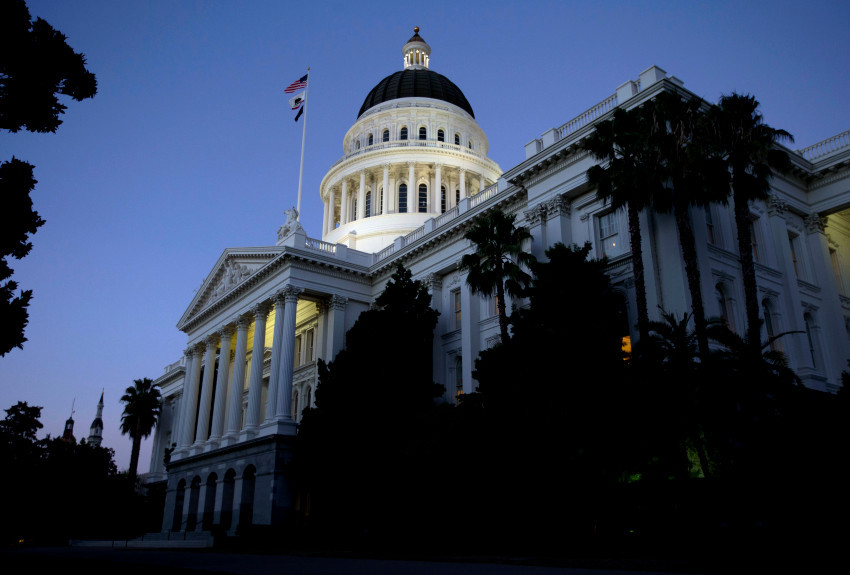
While you’re popping champagne and toasting the new year, hundreds of recently enacted bills will go into effect. Here are a few you should know about.
The minimum wage for all employers in California will increase to $16.50. We currently have the second highest unemployment rate of any state behind only Nevada. This increase will only make it worse, particularly for California’s youth and others just starting to join the workforce.
Paychecks will be hit by a tax increase. The State Disability Insurance rate is increasing from 1.1 to 1.2 percent. As KCRA in Sacramento noted, “That means a couple or individual with $100,000 in taxable annual wages will have $100 more total withheld from their pay this upcoming year, or about $8 a month because of the tax increase, for example.”
For property owners, several attempts to destroy your rights to protest new and higher water rates go into effect. Under Proposition 218, water agencies must send notices to customers ahead of time with information on how to protest the rate hike. If a majority protest, the rate increase can’t go into effect. But Assembly Bill 2257 creates a protest procedure separate from the notice required by Prop. 218 and appears merely to layer on added – and superfluous – requirements for the sole purpose of hindering taxpayers’ constitutional ability to approve or reject taxes.
Another assault on property owner rights is Senate Bill 1072 because it could leave taxpayers without proper compensation for overcharges on their water bills by offering only future credits instead of actual refunds. There is a huge difference between a “credit” for future charges and an actual refund. If a taxpayer moves, how will he or she be compensated for the violation of constitutional rights if the agency merely applies the overcharge to reduce rates paid by others in the future?
AB 1827 is another concern because it tries to add potentially unconstitutional charges to your water bill based on speculative factors like “maximum potential water use” and “peaking” factors. This is in direct contravention of Prop. 218 which provides that, “No fee or charge may be imposed for a service unless that service is actually used by, or immediately available to, the owner of the property in question. Fees or charges based on potential or future use of a service are not permitted.”
Basing a charge on “maximum potential water use” clearly then is not permitted under Prop. 218. Further, in the absence of time-of-use technology, peaking factors are generally make-believe. Legal challenges to AB 1827 are a near certainty.



